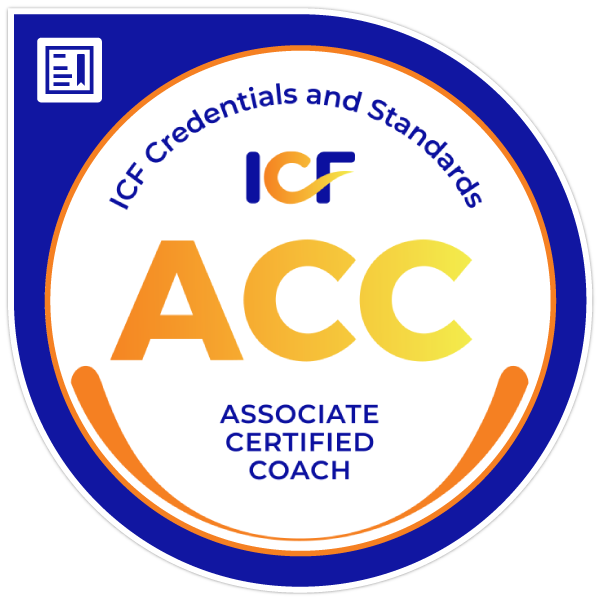Career Guides
How to write a Cover Letter
Here are some tips on how to write a Cover Letter, what to look out for and what you could include.
Best Practice
Format your Cover Letter properly
- Use a professional and business-like format.
- Include your contact information at the top (name, address, phone number, email).
- Use a formal greeting (e.g. "Dear Mr./Ms. Last Name").
Start with a strong opening paragraph
- State the position you're applying for.
- Express your enthusiasm for the role and the company.
- Consider including a brief statement that highlights your relevant qualifications or achievements.
Tailor your cover letter to the job
- Research the company and the position to understand their needs and requirements.
- Highlight your skills, experiences, and accomplishments that align with the job description.
Showcase your qualifications
- Emphasize your most relevant skills, experiences, and achievements.
- Highlight how your background aligns with the requirements of the position.
- Use examples to illustrate your capabilities and accomplishments.
- Don't simply restate your resume; provide additionalinsights and context.
Demonstrate your knowledge of the company
- Mention why you're interested in working for the company.
- Explain how your skills and experiences align with the company's goals.
Convey your enthusiasm and motivation
- Show genuine excitement for the opportunity.
- Explain why you're interested in the position and how it aligns with your career goals.
Keep it concise and focused
- Aim for a one-page cover letter.
- Use paragraphs to organize your thoughts effectively.
Close with a strong conclusion
- Restate your interest in the position and the company.
- Express your willingness to provide further information or attend an interview.
- Thank the reader for considering your application.
- Use a professional closing, such as "Sincerely" or "Best regards."
Proofread and edit carefully
- Check for spelling, grammar, and punctuation errors.
- Read the cover letter aloud or have someone else review it for clarity and coherence.
- Ensure that the tone is professional and appropriate.
Use a professional tone and language
- Write in a formal, yet personable style.
- Avoid jargon, slang, or overly technical language.
- Use positive and confident language to convey your qualifications and abilities.
Let's connect on Instagram
Join me on Instagram for weekly tips and techniques about life and career



